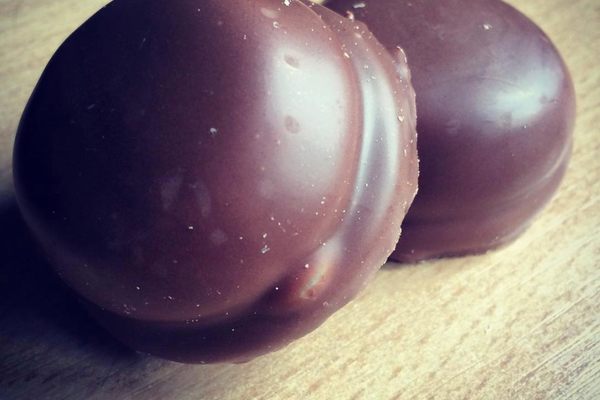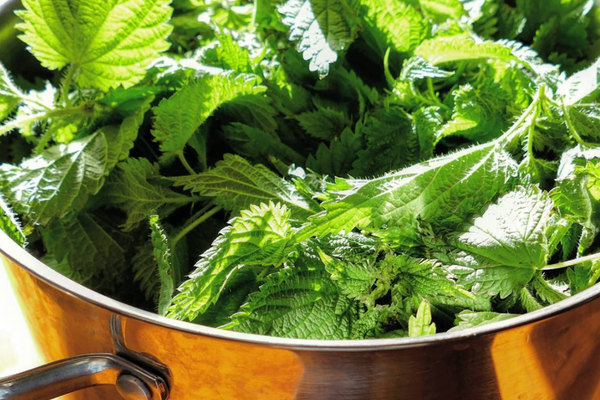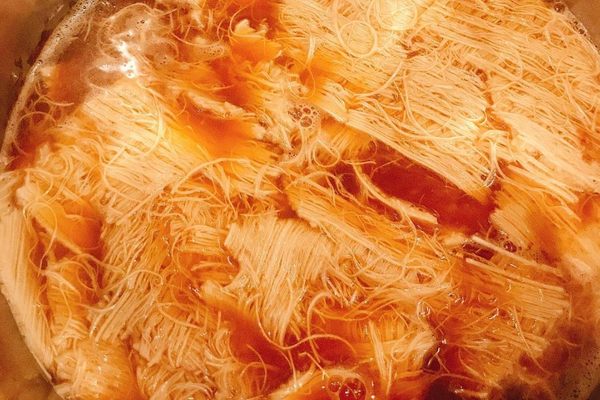Most of the time, we expect ripe fruit to be edible. But that’s not the case with medlars. These obscure fruits were once grown across Europe. But they have a unique quality that’s made them rare. When medlars are ripe, they’re sour and not ready for consumption. Instead, they have to sit and soften for more than two weeks, a process called “bletting.” Then, the fruits taste like cinnamon applesauce with a hint of wine.
Grown on small trees, these rust-colored fruits look like tiny apples. Sometimes, the plants are used as landscaping, with spectacular white flowers in the spring and golden leaves in the fall. The fruits ripen in early winter.
Traditionally, farmers started the bletting process by leaving the medlars outside (where they’d frost over) or burying them in sawdust. Over two or more weeks, the fruit became soft, pulpy, and much sweeter. The skin wrinkled, and the fruit’s interior turned from white to a rotten-looking brown. Then, the pulp could be eaten as is or made into jelly or dessert.
Both medieval and Renaissance writers fixated on the fruit’s shape, which has a pucker on one end. In England, they were nicknamed “open-arses” and “cat-arses,” while the French, thinking they seemed more canine, called them cul-de-chien. Chaucer referenced the fruit, and so did Shakespeare (in several of his plays, the fruit becomes a graphic metaphor). In Romeo and Juliet, one character jokes to another that Romeo probably fantasized about Rosaline (Juliet’s predecessor) as a medlar and himself as a “poperin pear,” suggesting male genitalia.
The fruits are experiencing a small comeback in England, but there’s one place where they’ve never gone out of style: Iran, where they originated.
Where to Try It
-
Crapes Fruit Farm
Rectory Road, Aldham, Colchester, Essex, CO6 3RR, United KingdomAlong with medlars, this farm sells heirloom apples.
-
Scott Farm Orchard
707 Kipling Road, Dummerston, 05301, U.S.A.This Vermont farm grows a limited number of medlars every year.
Written By
 Anne Ewbank
Anne Ewbank
Sources
- www.telegraph.co.uk/gardening/howtogrow/fruitandvegetables/11686769/Princes-of-Persian-fruit-the-joys-of-growing-quinces-and-medlars.html
- www.independent.co.uk/life-style/food-and-drink/medlars-how-the-open-arse-fruit-could-be-making-a-comeback-a7812711.html
- www.sfgate.com/homeandgarden/article/PLANT-OF-THE-WEEK-Medlar-Squishy-fruit-2539694.php















